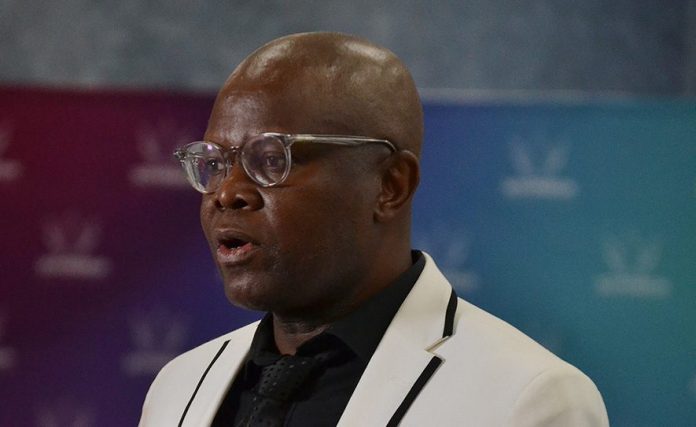Africa’s newest sovereign rating agency, Sovereign Africa Ratings (SAR) has rated South Africa’s sovereign credit ratings status at investment grade with a medium risk of a default, going against the grain as the three major ratings agencies – S&P Global, Fitch Ratings and Moody’s – have all placed the country’s bonds deep into the sub-investment territory.
This was SAR’s very first rating report after its launch on Friday.
The rating agency said one of the reasons behind its decision was that South Africa’s sovereign rating is “underpinned by resilient macroeconomic and non-economic fundamentals”.
The report also noted the country’s stable financial sector as a plus to its rating action. It also noted that South Africa is facing headwinds in terms of rising interest rates, energy adequacy and prices as well as increasing inflation prospects.
“SAR’s ratings take into account South Africa’s performance in terms of both macro-economic and non-economic fundamentals. The ratings take into account the direction and assessment of the South African economy in terms of key indicators and variables such natural resource endowments, climate change risks, social and socio-economic fundamentals, economic growth, government debt (domestic and foreign currency denominated), gross loan debt and contingent liability profile, budgetary performance and adequacy of fiscal flexibility, external performance, monetary and fiscal policy stance, liquidity position and institutional and governance framework,” the rating report reads.
SAR said its ratings are also supported by the country’s reconstruction and recovery plan, which aims to address some of the country’s challenges such as high unemployment, poverty and income inequality, energy and water crisis, as well as deteriorating infrastructure and logistics networks.
SAR said the elevated risks to South Africa’s fiscal outlook include:
- A global and domestic economic slowdown, resulting in lower revenue and greater calls for fiscal support.
- Rising borrowing costs due to inflation and higher global interest rates.
- The materialisation of contingent liabilities from state‐owned companies.
- Higher-than-budgeted compensation increases.
SAR’s ratings on South Africa, which differs from that of the top three rating agencies that control around 95% of the credit ratings in the financial markets, has raised question on whether it be a trusted source of information.
But SAR CEO Sifiso Falala dismissed concerns that the entity will be a “sunshine” rating agency.
The National Treasury at the time of going to print had not released a statement on SAR’s rating report as it normally does when the big three release their reports on the country’s sovereign debt.
Spokesperson for the ministry of finance Mfuneko Toyana was unreachable.
The Financial Sector Conduct Authority earlier this year approved the licence application of SAR to operate as a credit
rating agency.
Who’s who at SAR
- David Mosaka, chief ratings officer – He graduated from Unisa with a bachelor of commerce with honours in economics and econometrics. He is a co-author of the South African Cost Benefit Analysis Manual.
He was previously on the board of Export Credit Insurance Corporation and belongs to the South African Economic Society.
- Sifiso Falala, CEO – He is a trained demographer with a master’s in population studies. He holds a PhD in
management of technology and innovation from the Da Vinci Institute. - Takalani Mudau, CFO – She is a member of the South African Institute of Professional Accountants and serves as the executive director (finance) at Plus 94 Research.
She has an advanced diploma in accounting services and a certificate programme in taxation from Unisa.
She also holds an bachelor of commerce degree in accounting.
- Zwelibanzi Maziya, COO – Maziya is responsible for establishing detailed objectives for performance and growth and assists the CEO and the business in preserving and fostering relationships with important stakeholders.
He graduated from the University of Pretoria with a bachelor of commerce in economics.
For more business news from Sunday World, click here.
Follow @SundayWorldZA on Twitter and @sundayworldza on Instagram, or like our Facebook Page, Sunday World, by clicking here for the latest breaking news in South Africa. To Subscribe to Sunday World, click here



